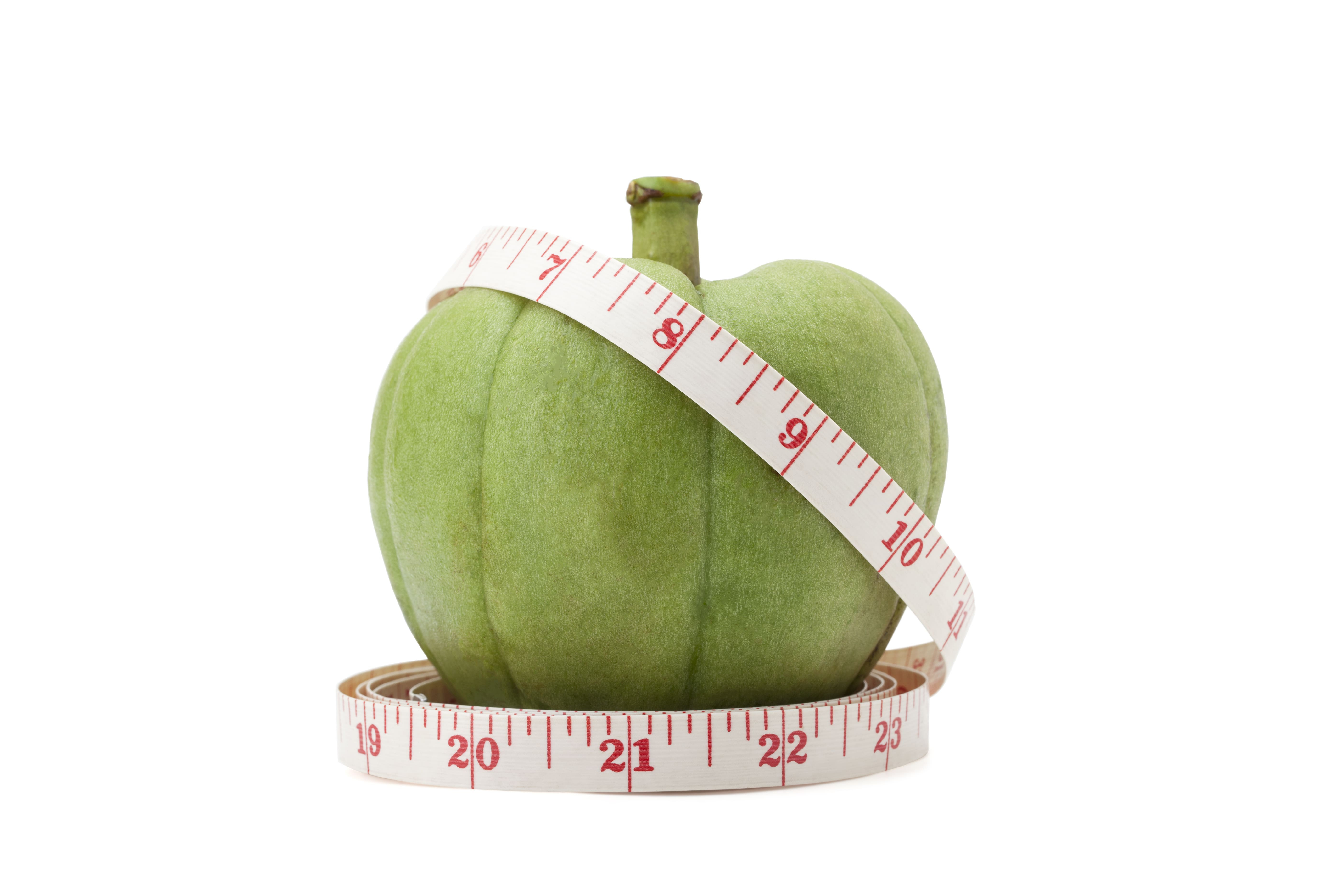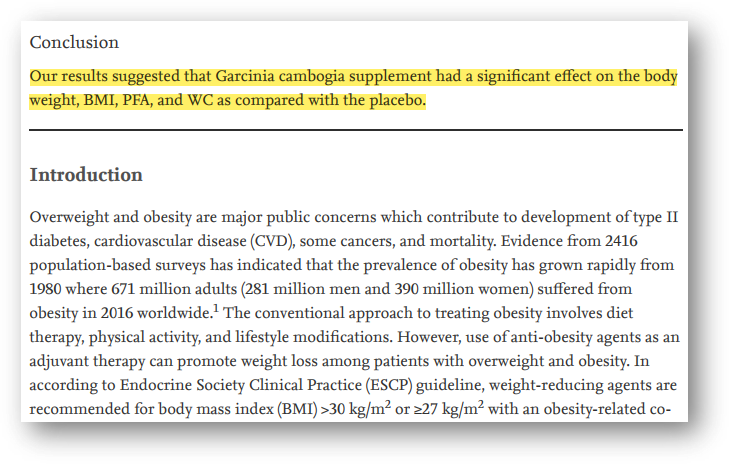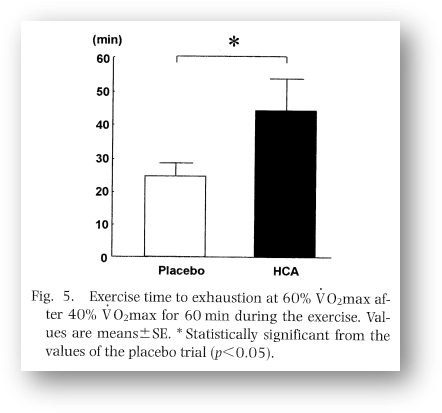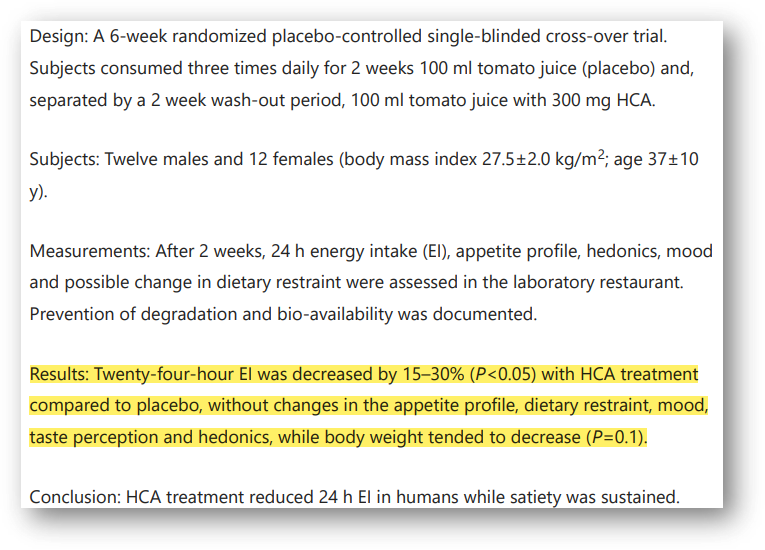Garcinia Cambogia Extract, that's what the real benefits are.
2. Exercise time ∙ Fat metabolism improvement

Hello. I'm a pharmacist Jinny.
Not long ago, I was talking to a friend and I was asked about "calorie cutting pills." A colleague at work is taking it, but is it really working? When I first heard about it, I thought it was a prescription drug used to treat obesity, but when I heard more, it was not about medicines, but about Garcinia Cambogia Extract, a functional ingredient in diets.
Garcinia Cambogia Extract is a functional dietary ingredient that is widely used around the world. Extracted from the skin of Garcinia cambogia fruit, a tropical plant native to southwestern India, this functional ingredient is rich in hydroxycitric acid (HCA), a bioactive substance that inhibits the activity of enzymes used in the body to convert carbohydrates into fat [1].
Based on this mechanism of action, the Ministry of Food and Drug Safety has also recognized the ability of Garcinia Cambogia extract to "help reduce body fat by inhibiting the synthesis of carbohydrates into fat." Of course, this ingredient does not cut calories, but it is also a functional diet ingredient suitable for the eating habits of Koreans who may consume a lot of carbohydrates based on rice.
Today, let's take a look at the results of scientific research on this ingredient that needs to be properly understood as it is widely consumed: Garcinia Cambogia Extract, a dietary functional ingredient approved by the Ministry of Food and Drug Safety. Also, we will cover any side effects you may be concerned about with this ingredient at the end of the article, so if you are considering taking it, please read to the end.
Scientific research into the weight control benefits of Garcinia Cambogia extract has been going on for over 50 years, starting in the 1970s. The mechanism of action of Garcinia Cambogia extract, which I introduced at the beginning, was also already identified in the 1970s. As it has been studied for a long time, the number of human application tests accumulated so far is not small.
In 2020, Golzarand and researchers conducted a comprehensive review of the results of the clinical trials that have been accumulated in academia with high reliability and validity of the test design. A comprehensive analysis of 8 clinical trials involving 530 subjects reported improvements in body weight, body mass index (BMI), body fat percentage (PFM), and waist circumference (WC) following the supplementation of garcinia cambogia extract [2].

"Our study suggests that garcinia cambogia extract had a significant effect on body weight, BMI, body fat percentage, and waist circumference compared to placebo."
So, does Garcinia Cambogia extract really produce the same benefits as the previous study found just by "inhibiting the fat synthesis of carbohydrates"? In fact, the academic community's response to this question is divided. In other words, it doesn't have to be that way. A number of animal and human studies have shown benefits beyond simply inhibiting body fat synthesis.
One of the hypotheses that has been put forward since the early 2000s is that when Garcinia cambogia extract is taken and exercised, fat metabolism is enhanced. Animal studies have shown that short-term consumption improves fatty acid metabolism, while long-term consumption significantly improves fatty acid metabolism and oxygen consumption under both resting and exercise conditions [3].
This tendency has also been picked up in humans. Lim et al. (2003) reported that clinical trials evaluating the effects of Garcinia Cambogia extract on aerobic exercise time and fat metabolism showed improvements in exercise time and fat metabolism before dehydration [4].

"In summary, the consumption of garcinia cambogia extract improved the utilization of fatty acids during moderate intensity exercise in typical (untrained) women. ... Therefore, pre-exercise supplementation of garcinia cambogia extract (250 mg as HCA) may be effective."
As such, Garcinia Cambogia extract not only inhibits the synthesis of excess carbohydrates into fat, but also seems to be able to improve the metabolism of fatty acids in the body. In addition to this, there are other benefits that are frequently reviewed in academia. Garcinia cambogia extract reduces appetite and improves satiety, and consequently reduces food intake.
Consumption of garcinia cambogia extract increased serum serotonin levels was associated with a significant increase in a number of animal · It has been observed in human trials. Serotonin, an important neurotransmitter in the brain that produces feelings of well-being, is known to make you feel fuller, leading you to eat less.
Accordingly, Westerterp-Plantenga and Kovacs (2002) designed a clinical trial to evaluate the effects of Garcinia cambogia extract on dietary intake and satiety. In this study, the garcinia cambogia extract group tended to consume fewer calories compared to the placebo group, and reported a decrease in appetite, dietary restrictions, and weight loss without any change in mood [5].

"In the garcinia cambogia extract group, there was a 15~30% reduction in energy intake compared to the placebo group. There was a tendency to lose weight with no change in appetite profile, eating restrictions, mood, or taste function."
Today, we took a look at the results of academic research on Garcinia cambogia extract, which has been studied for a long time and is widely consumed as a dietary functional ingredient. As you can see, it is not a mechanism that inhibits the absorption of certain components such as fat into the body, so of course it is not an ingredient that helps with "calorie cutting".
However, Garcinia Cambogia Extract is expected to inhibit the accumulation of excessive carbohydrates into fat to a certain extent, promote fatty acid metabolism during exercise, and help regulate energy intake, so it is considered to be a good dietary ingredient to use in conjunction with proper exercise and healthy eating habits.
In addition, we know that some people are concerned about liver toxicity related to this ingredient. Studies are constantly being conducted in academia to confirm its safety. Andueza et al. (2021), who conducted a comprehensive analysis of 25 years of clinical cases of Garcinia Cambogia Extract, suggest that the study did not show any significant adverse events in most animal and human subjects [6].
However, hepatotoxicity has been shown in animal studies in which Garcinia Cambogia extract was ingested under a high-fat diet in which 45% of the total energy was consumed as fat, and about 29 cases of liver toxicity have been reported when Garcinia Cambogia extract is ingested by general consumers rather than ingested through human application tests. In addition, there is an opinion that patients with pre-existing metabolic disorders may experience other side effects when taking garcinia cambogia extract [7].
Therefore, the consumption of garcinia cambogia extract is generally considered safe, but it is recommended that the consumption of garcinia cambogia extract be generally safe, but it is recommended that you avoid use if you have heart disease, metabolic disorders, allergies, asthma, or are taking medications. Also, if you are trying a high-fat diet, you may need to be careful about taking Garcinia Cambogia extract.
I hope you have a healthy day in body and mind. It was Jinny.
[1] Ministry of Food and Drug Safety, Health Functional Food Functional Ingredient <Garcinia Cambogia Extract>.
[2] Shiratsuchi E, Nakaba M, Yamada M. (2015). Elastin hydrolysate derived from fish enhances proliferation of human skin fibroblasts and elastin synthesis in human skin fibroblasts and improves the skin conditions. J Sci Food Agric, 96(5):1672-7.
[3] Ishihara, K., Oyaizu, S., Onuki, K., Lim, K., & Fushiki, T. (2000). Chronic (-)-hydroxycitrate administration spares carbohydrate utilization and promotes lipid oxidation during exercise in mice. The Journal of nutrition, 130(12), 2990-2995.
[4] Lim, K., Ryu, S., Nho, H. S., Choi, S. K., KWOW, T., Suh, H., ... & Shigematsu, N. (2003). (-)-Hydroxycitric acid ingestion increases fat utilization during exercise in untrained women. Journal of nutritional science and vitaminology, 49(3), 163-167.
[5] Westerterp-Plantenga, M. S., & Kovacs, E. M. R. (2002). The effect of (−)-hydroxycitrate on energy intake and satiety in overweight humans. International journal of obesity, 26(6), 870-872.
[6,7] Andueza, N., Giner, R. M., & Portillo, M. P. (2021). Risks associated with the use of garcinia as a nutritional complement to lose weight. Nutrients, 13(2), 450.


![[Garcinia Cambogia Benefits] calorie cutting? 3 Benefits of Garcinia Cambogia Extract](http://esther-mall.com/cdn/shop/articles/35.jpg?v=1734004463&width=480)
![[Immunity BEST 5] Basics of Health, Ingredients for Immunity BEST 5](http://esther-mall.com/cdn/shop/articles/34.jpg?v=1733993679&width=480)
![[Cabbage benefits] Is it a myth or a fact that cabbage is good for the stomach?](http://esther-mall.com/cdn/shop/articles/36.jpg?v=1734004674&width=480)